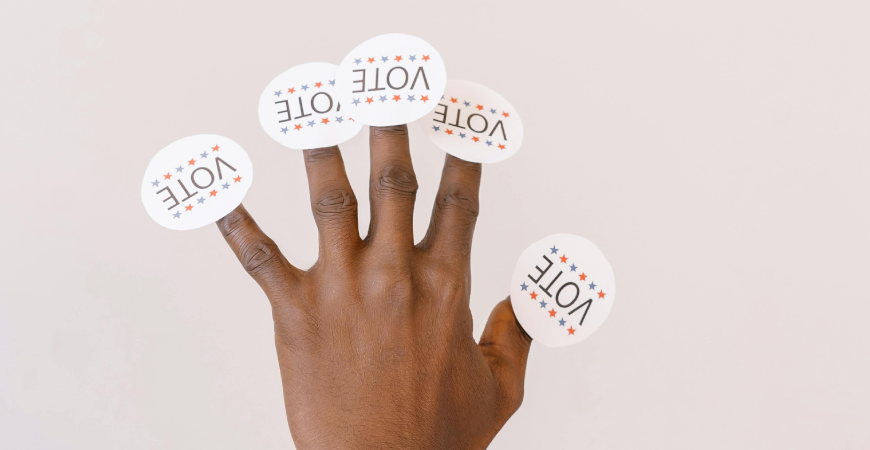
Civil and Political Rights
Civil and Political Rights in India are fundamental to the country's democratic framework and are protected by the Constitution. Here's an overview:
Civil Rights:
- Right to Equality: Guaranteed under Article 14 of the Constitution, ensuring equal treatment before the law.
- Right to Freedom of Speech and Expression: Protected under Article 19(1)(a), allowing citizens to express their opinions freely.
- Right to Life and Personal Liberty: Guaranteed under Article 21, protecting individuals from arbitrary deprivation of life and liberty.
- Right to Protection from Discrimination: Various laws and provisions protect individuals from discrimination based on caste, gender, religion, and more.
Political Rights:
- Right to Vote: Citizens have the right to participate in democratic processes through voting.
- Right to Contest Elections: Eligible citizens can contest elections to hold public office.
- Right to Freedom of Association: Citizens can form associations and participate in political activities.
Important Provisions:
- Fundamental Rights: Part III of the Constitution guarantees fundamental rights to citizens.
- Directive Principles of State Policy: Part IV of the Constitution provides guidelines for the state to promote social and economic welfare.
Key Concepts:
- Rule of Law: The principle that all individuals and institutions are subject to the law.
- Separation of Powers: The division of power among the legislature, executive, and judiciary.
- Judicial Review: The power of courts to review and interpret laws and government actions.
Importance:
Civil and political rights are crucial for:
- Protecting Individual Liberties: Ensuring that citizens' rights are protected from infringement.
- Promoting Democracy: Enabling citizens to participate in democratic processes.
- Ensuring Accountability: Holding the government accountable for its actions.
If you have specific questions or need further information on civil and political rights in India, feel free to ask!